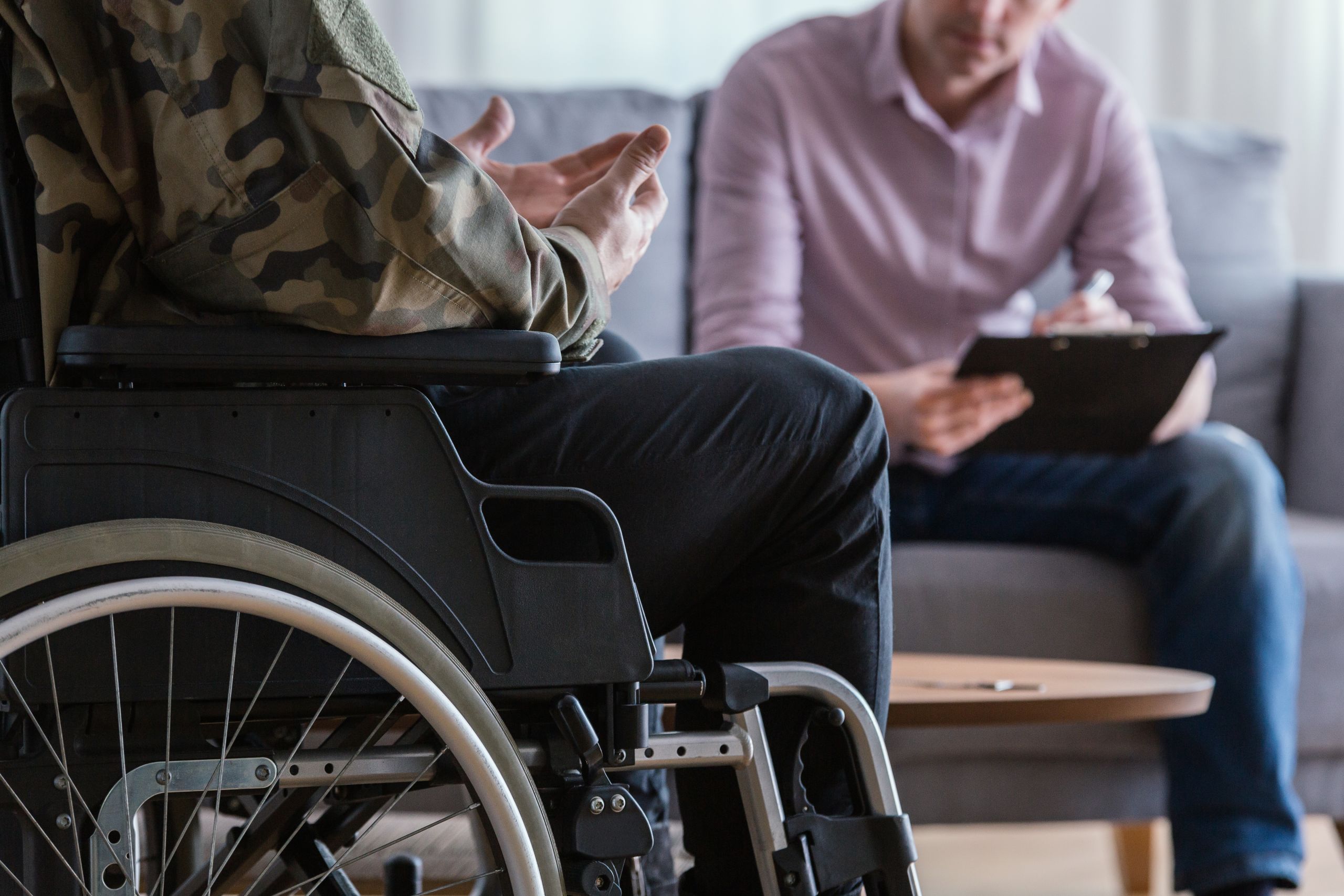PIONEERING THE FUTURE
Stories of Discovery & Innovation
at University of Utah Health

Better Health for Populations
February 8, 2021
Researchers at University of Utah Health keep their eyes on the big picture by tackling population-sized problems and ensuring their efforts add up to substantial impacts on public health. They pore over surveys from thousands of patients to understand their experiences with health care or meticulously test how many seconds a new technology can shave off a clinician’s administrative burden. Backed by their expertise, careful testing, and extensive data, their discoveries are changing health care practice and helping large segments of the population—from thousands to millions—address pervasive health issues to live better, healthier lives.
Ask, Advise, Connect

More than 34 million Americans smoke cigarettes, and most say they want to quit. They know smoking puts them at risk for heart and lung disease, cancer, and other illnesses. But overcoming the highly addictive power of nicotine is hard—each year, fewer than one in ten adult smokers succeed.
A tobacco quitline can connect people to telephone counseling, online tools, apps, medications, and other resources to guide them through that struggle. Only about one percent of smokers in the U.S. take advantage of these services, but research shows some simple changes can dramatically increase their reach.
David Wetter, PhD, MS, director of the Center for HOPE at Huntsman Cancer Institute at the University of Utah, developed a strategy with colleagues that “nudges” primary care providers and staff to ask patients about tobacco use at every visit and to offer to connect them to a quitline. When clinics in Texas implemented this approach, smokers’ enrollment in quitline services soared 29 times higher than in clinics that had referred patients without connecting them directly. The CDC now recommends “Ask-Advise-Connect” as a best practice, and the approach promises to improve lives for countless others.
Clinical Support in an App

Electronic health records (EHR) make it easier for providers to share information about their patients. EHR are also touted as a way to improve care, but many clinicians find that creating these digital records is time consuming and frustrating. At University of Utah Health, researchers are developing innovative tools to improve their experience through the ReImagine EHR initiative. These efforts have the potential to reduce health care costs and improve care for millions of patients nationwide.
One of their first successes is the Bili App. Pediatricians Carole Stipelman, MD, and Julie Shakib, DO, along with biomedical informatics expert Kensaku Kawamoto, MD, PhD, developed the app to streamline bilirubin monitoring, a routine aspect of newborn care. Accumulation of bilirubin in the blood causes jaundice, and if levels get too high, babies are at risk for permanent brain injury. Locally, about 13% of infants who develop jaundice may need treatment in the hospital or after returning home.
To decide on a course of action, doctors consider bilirubin levels along with other information, including the patient’s age and results from other tests. Bili App retrieves and analyzes these data and presents clinical recommendations in less than a minute. Physicians who tested the app spent less time on bilirubin management and were more likely to prescribe therapy when appropriate to reduce bilirubin levels for their patients. To improve clinical efficiency and patient care nationwide, the app will be available as a free add-on to widely used electronic health record systems.
The Impact of Choice

Each year, six million people use health services provided by the US Department of Veterans Affairs. And the way they use the system is changing. The Affordable Care Act, the VA Choice Act, and the VA MISSION Act have given veterans more flexibility to seek care beyond the VA’s own medical facilities, with VA paying for services through Choice and MISSION.
VA leaders need to understand the impact of these changes to ensure veterans continue to have access to and utilize high-quality, integrated care. To help guide decisions about coordinating care with community providers and to achieve the best outcomes for veterans’ health, they are turning to findings from Megan Vanneman, PhD.
Using data from more than a million patient surveys, Vanneman and colleagues found that veterans highly rate their primary, mental health, and other specialty care experiences in both VA and VA-purchased community care. VA received higher overall provider ratings as well as better scores on communication and coordination for all care types, and community providers scored better on access to specialty care. In a separate study, Vanneman and team also determined that veterans use more mental health services after enrolling in Medicaid, suggesting that Medicaid benefits complement the VA’s own services. Expanding options for veterans is important, but ensuring that these choices meet their needs “is more important than ever,” Vanneman says.
Blood Pressure Reset

Nearly half of the adults in the United States have high blood pressure, putting them at risk for heart disease, stroke, and other serious health problems. Lifestyle modifications like diet and exercise will help some get their numbers under control. But it’s estimated that at least 16 million Americans would also benefit from a more intensive regimen to lower blood pressure that includes medication. New blood pressure guidelines, issued in 2017 by the American College for Cardiology and the American Heart Association were informed by collaborative research at top institutes across North America, including U of U Health.
These guidelines lowered the blood pressure threshold for diagnosis and treatment of hypertension from 140/90 to 130/80 mm Hg. They are based in large part on findings from the Systolic Blood Pressure Intervention Trial (SPRINT), a study of more than 9,000 adults, which found that lowering the blood pressure target significantly reduced the risk of heart disease. The U of U Health arm of the clinical trial was led by Alfred Cheung, MD. Companion studies with Srinivasan Beddhu, MD, and Mark Supiano, MD, showed that while intensive control did not obviously benefit kidney function, it appeared to reduce mild cognitive impairment, a precursor to dementia in older adults.
Analyses by Adam Bress, PharmD, and colleagues, revealed the expansive positive impact of these findings on public health. Despite increased health care costs in the short-term, intensive blood pressure control is cost-effective. These findings justified putting the new measure into practice. Now that the lower blood pressure treatment goal has become standard of care, the change is predicted to improve the health of millions over the next decade.
